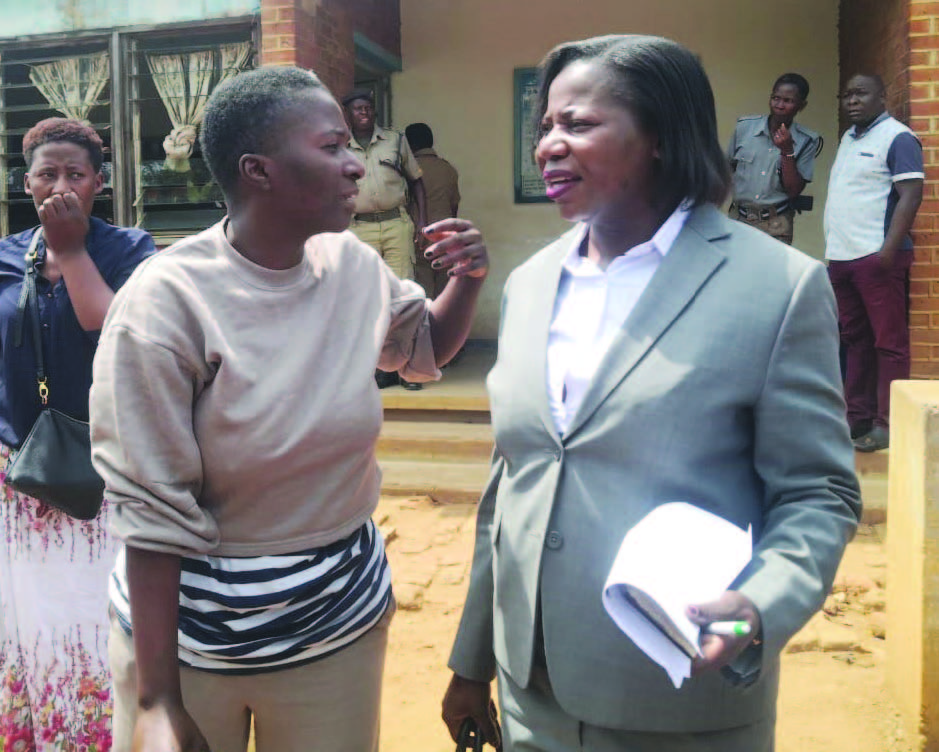Parliamentary Cluster on Health, HIV and Aids and Nutrition has made fresh calls for government to increase allocation towards capital projects in the health sector, including health centre upgrading and cancer centre completion.
Speaking in Parliament on Friday, the cluster’s co-chairperson Matthews Ngwale said government should also show commitment by adjusting upwards its local resource contribution towards investments in the health sector, to reduce over-reliance on donors.
In the proposed budget, the health sector development budget has been adjusted from K28.8 billion in 2022/23 to K60.3 billion in 2023/24, but only K5.8 billion will be funded by the government while K54.5 billion is expected to come from donors.
Ngwale said it is a concern that Malawi is still dependent on donors to look after citizens’ health.
Said the committee chair: “The cluster also noted that although government has allocated K5.8 billion on capital projects of the Ministry of Health, there is a shortfall of K13 billion in the 2023/24 financial year and this needs to be looked into.
Most health facilities in the country are ill-resourced
“The cluster was also concerned that the Ministry of Health will not be able to effectively implement ongoing capital projects which are long overdue and are proving to be costly in the long run.”
The completion of the cancer centre, which is crucial in cancer treatment, has been allocated K1 billion against a required K7.5 billion.
The cluster recommends funding the shortfall to ensure that the facility is completed by May 2023 as per plan.
Said Ngwale: “Completion of the cancer centre will save government huge money spent on external referrals.”
The cluster also urged government to fulfil its commitment of recapitalising the Central Medical Stores Trust (CMST) by providing an additional K7.5 billion to complete the recapitalisation process, and increase its efficiency as well as improve the availability of drugs in the country.
“The CMST has been recapitalised with K22.5 billion against the total funding requirement of K30 billion. The additional funding of K7.5 billion to finance the recapitalisation is required,” he said.
Additionally, as the country continues to face serious challenges pertaining to drug shortages in the public health facilities, the cluster highlighted the need for government to substantially increase the drug budget and ensure availability of drugs and medical supplies throughout the year.
Said Ngwale: “The cluster noted that in the 2023-24 financial year, the total drug budget has been pegged at K32.7 billion of which K7 billion is meant for central hospitals while K19.7 billion is for district health offices (DHOs).
“This allocation is below the K25 billion requirement for district hospitals and K18 billion for central hospitals.”
In a recent interview, health advocate Maziko Matemba observed that improving the country’s health sector financing would lead to improved health service delivery.
He said: “As civil society, we need to ensure that commitments made by our government are met.”
According to the parliamentary cluster, the proposed 2023/24 K3.87 trillion budget is falling short on the Abuja Declaration recommendation that 15 percent of the national budget be allocated to the health sector.
The post Health cluster for more capital projects’ financing first appeared on The Nation Online.
 Moni Malawi
Moni Malawi 

